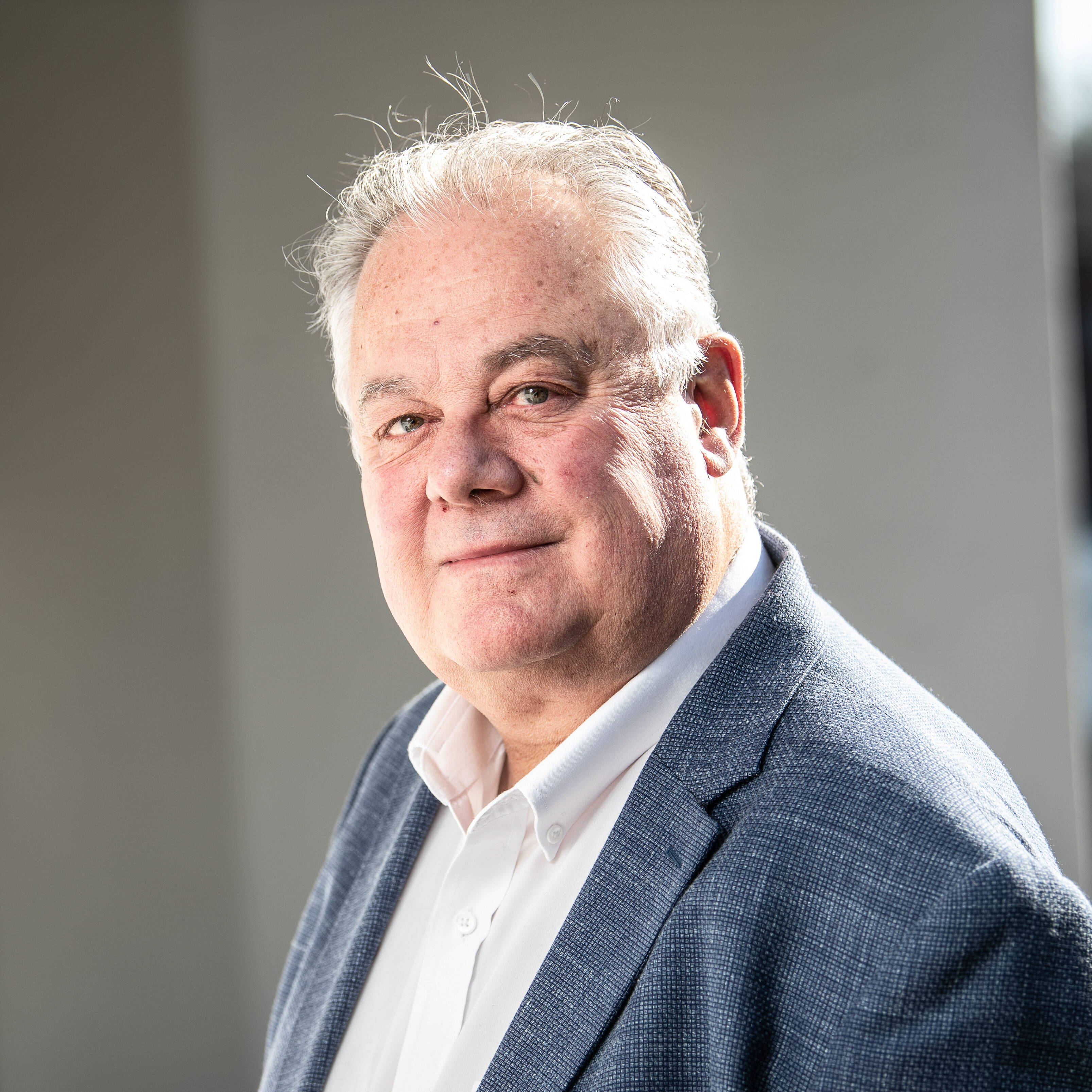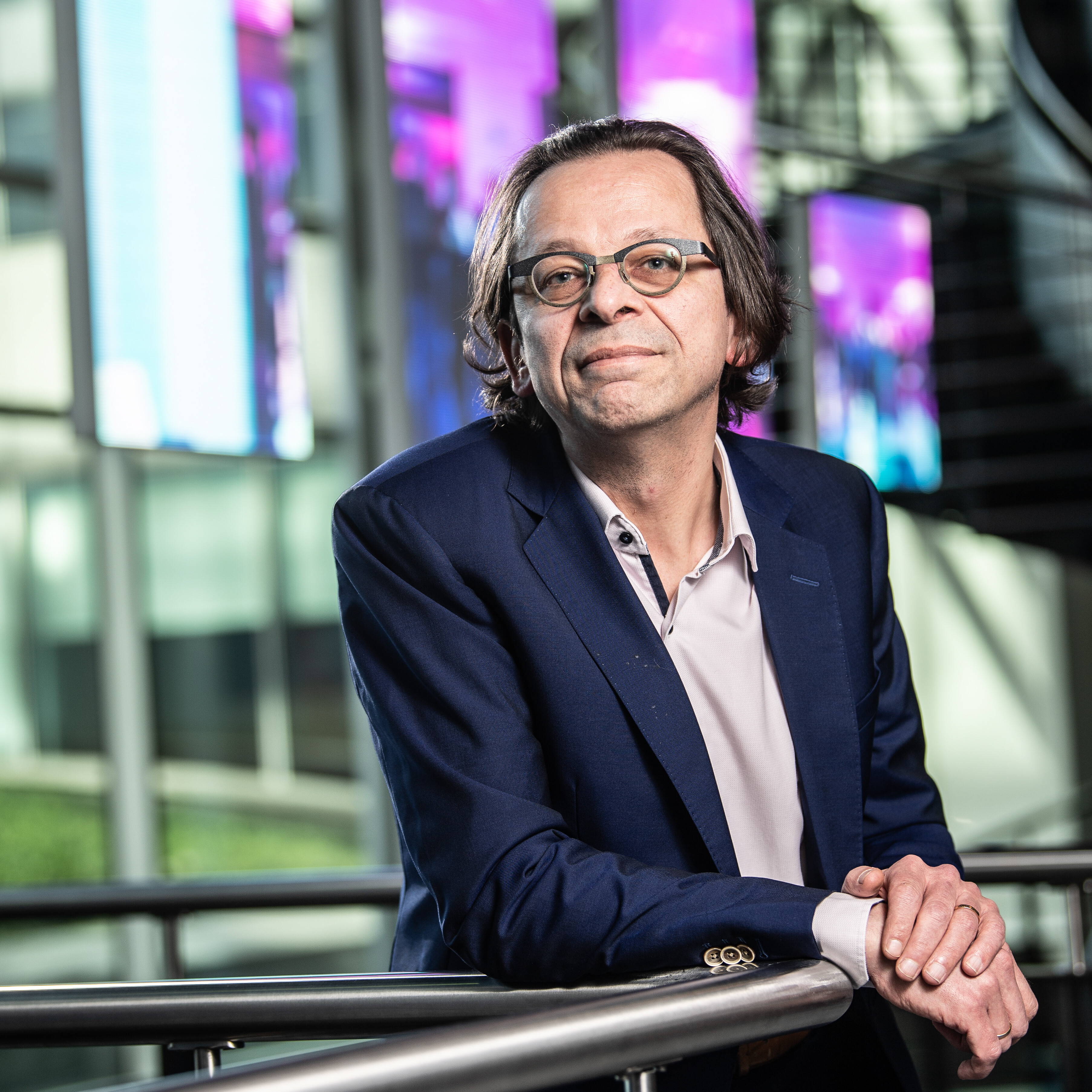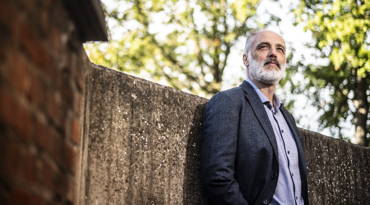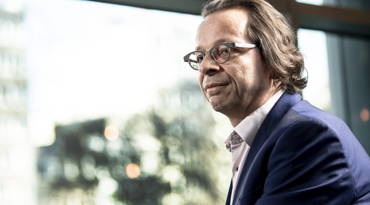The metal sector is facing numerous challenges and opportunities. Patrick Van den Bossche from technology federation Agoria and Guy Thiran from Eurometaux share their vision for the future. ‘We are prepared to make significant investments but the conditions have to be right.’
The metal sector has a long history in Belgium. Most of the metal-working companies have been here for more than 100 years. ‘The metal sector may be bigger in other countries but the companies in Belgium, with their knowledge, have taken the high-tech route’, says Patrick Van den Bossche, Head of Sustainability at Agoria.
Belgium has 34 companies in the metal sector, with 8,000 employees and a combined turnover of 13.7 billion euros. ‘However for us, turnover is not the right indicator because metal prices fluctuate’, says Van den Bossche. The rising level of investment which currently stands at 251 million euros – the highest it has been in more than 10 years – shows that the sector is ambitious.
Recycling
The Belgian metal sector invests heavily in innovation, which means excellent prospects for the industry. ‘That is important in a competitive global market in which China accounts for approximately half of all the metal production. The price of a ton of copper is the same in China as it is in Europe while the cost structure is completely different. It is our R&D that makes us unique in the world of metal’, underlines Van den Bossche.
Our companies’ savoir faire will also be a trump card in the future. That has a lot to do with the green transition which we stand for. For the metal sector is extremely energy-intensive.
Because metal companies are price-takers who use the prevailing market prices, it is difficult for them to pass on increases in energy prices. For them, remaining competitive is a huge challenge. ‘For aluminium or zinc companies, the energy price accounts for 40 per cent of the price tag. We need affordable energy prices to be
able to compete with other markets’, says Guy Thiran, General Director of European metals association Eurometaux.
‘The profit that we can make by becoming even more energy-efficient is relatively limited’, says Van den Bossche. ‘The high energy prices are already forcing the sector to be extremely energy-efficient. The real profit to be made lies in moving away from fossil fuels.’
521 millionIn 2021, companies from the Belgian metal sector invested 251 million euroes in innovation.
Companies can purchase green energy or invest in green electricity themselves. But the wind and solar farms that have already been set up at many sites are insufficient. ‘The challenge for our sector is to have sufficient CO2-free electricity at competitive prices in the future and thus decarbonise the production process’, says Van den Bossche.
Recycling is an important trump card in this. Using recycled aluminium reduces CO2 emissions by 95 per cent compared with new aluminium.
In Belgium, approximately 60 per cent of the metal produced comes from recycling. That means that our country is doing better than the European average which lies at 50 per cent and a lot better than the global average which stands at just 18 per cent.

Digital pressure
Sustainable challenges also mean sustainable opportunities for the metal sector. Metals are essential in the development of wind turbines, solar panels, electric vehicles and batteries.
‘You need cobalt for the batteries for electric vehicles, for example. More than 40 per cent of the cobalt already goes to the fleet of electric vehicles and that percentage will only increase’, says Van den Bossche. ‘But the demand for a number of base metals such as copper will also increase as a result of the switch to electric vehicles. And aluminium will be used more and more to compensate for the extra weight of batteries in cars.’
It is not only the green transition that is driving the demand for metals: the digital evolution has also played a major role. Both evolutions are putting pressure on the supply of raw materials.

Aluminium will be used more and more to compensate for the extra weight of batteries in cars.
Patrick Van den Bossche,
Lead Sustainability at Agoria
‘We need to optimise all possible sources of supply, starting with the European ones’, says Guy Thiran. ‘We have the best extraction and recycling technology. If we don’t use that technology, we run the risk of becoming dependent on regions where the ecological and social conditions are less favourable. But if materials are not available on European soil, we will have to go elsewhere for them. In order to be able to meet the increasing demand, we have to focus even more on the circular economy and companies have to become more efficient at extraction and recycling. Metals also have a major benefit in that they can be recycled almost indefinitely.’
Win-win
'In Europe, the quality of metal recycling is state-of-the-art. We can recycle just about anything’, says Thiran. ‘The challenge is not so much the technology but the fact that we have to get hold of the material. The recycling capacity needs to be fuelled. We have to ensure that materials remain in Europe rather than being sold on the other side of the world where the performance ratio is sometimes only 20 per cent compared with up to 90 per cent here.’
The future of the European metal sector is dependent on the access to affordable renewable energy, resources, raw materials and materials for recycling in order to support the green economy.
How much metal goes into the battery of an electric car? 8 kg Lithium 14 kg Cobalt 20 kg Manganese 35 kg Nickel
‘We are prepared to make significant investments, but the conditions have to be right. If you don’t know whether electricity will still be affordable here in five years’ time, you’ll invest where the prices are guaranteed rather than in Europe. Or in Iceland where there is geothermal energy’, says Thiran.
‘It has to be a win-win: for our environment but also for the industry. If investments are made elsewhere, it is a lose-lose situation: we import from places where the ecological footprint is bigger and our industry suffers as a result.’


